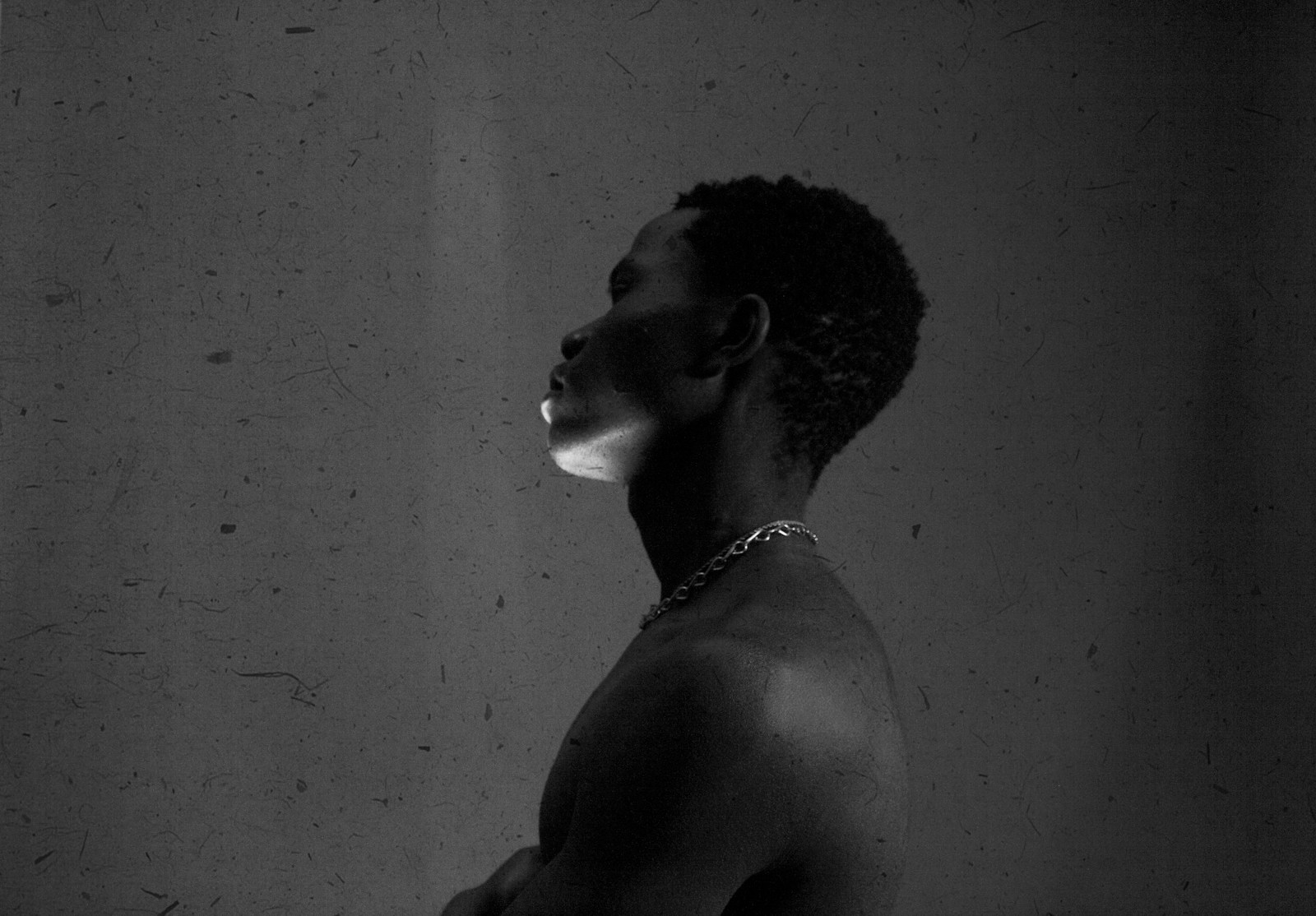
## Introduction
The Grammy Awards, also known as the Grammys, is one of the most prestigious music awards ceremonies in the world. It recognizes outstanding achievements in the music industry across various genres. While the Grammys have predominantly focused on Western artists, there has been a growing recognition of African artists in recent years. This article delves into the history of African artists at the Grammys, highlighting their contributions, successes, and challenges.
The Early Years: A Lack of Representation
In the early years of the Grammys, African artists struggled to gain recognition and representation. The awards primarily focused on Western artists and genres, leaving little room for artists from Africa to shine. However, there were a few notable exceptions.
1. Miriam Makeba’s Pioneering Win
Miriam Makeba, the legendary South African singer, became the first African artist to win a Grammy in 1966. She received the award for Best Folk Recording for her album “An Evening with Belafonte/Makeba,” a collaboration with American singer Harry Belafonte. Makeba’s win broke barriers and opened doors for future African artists at the Grammys.
2. Fela Kuti’s Impactful Nomination
In 1998, Fela Kuti, the Nigerian Afrobeat pioneer, received a posthumous nomination for Best World Music Album with his album “Live in Detroit 1986.” Although he didn’t win the award, his nomination highlighted the global impact of African music and raised awareness about the genre.
The Rise of African Artists
In recent years, African artists have seen a significant rise in recognition and success at the Grammys. This can be attributed to various factors, including increased global interest in African music and the efforts of artists to promote their culture and heritage on a global stage.
1. Angelique Kidjo’s Reign
Angelique Kidjo, the Beninese singer-songwriter, has been a prominent figure in African music and a regular nominee at the Grammys. In 2008, she won her first Grammy for Best Contemporary World Music Album with “Djin Djin.” Kidjo’s subsequent albums, such as “Eve” and “Celia,” have continued to receive critical acclaim and Grammy nominations.
2. Burna Boy’s Breakthrough
In 2020, Nigerian artist Burna Boy made a significant breakthrough at the Grammys. His album “African Giant” received a nomination for Best World Music Album, gaining international recognition for his unique blend of Afrobeat, dancehall, and reggae. Although he didn’t win the award, Burna Boy’s nomination marked a turning point for African artists on the global stage.
Challenges Faced by African Artists
Despite the increasing recognition, African artists still face several challenges at the Grammys. These challenges stem from various factors, including limited categories for African music genres, cultural biases, and the dominance of Western music in the industry.
1. Limited Categories for African Music
One of the main challenges faced by African artists at the Grammys is the limited number of categories for African music genres. The World Music category, where African artists are often placed, is broad and encompasses various regions and cultures. This can make it difficult for African artists to stand out and receive adequate recognition.
2. Cultural Biases and Misconceptions
Cultural biases and misconceptions about African music also pose challenges for African artists at the Grammys. There is a tendency to stereotype African music as “exotic” or “primitive,” which can lead to a lack of understanding and appreciation for the depth and diversity of African musical traditions. Overcoming these biases requires continued efforts to educate and expose the Grammys voting body to a wide range of African music.
The Future of African Artists at the Grammys
Despite the challenges, the future looks promising for African artists at the Grammys. The increasing global interest in African music, combined with the efforts of artists and industry stakeholders, is slowly shifting the narrative and creating more opportunities for African artists to showcase their talent.
1. Expansion of Categories
There have been calls for the expansion and reevaluation of Grammy categories to better represent the diversity of African music. This includes the establishment of specific categories for Afrobeat, Afrobeats, Highlife, and other African genres. Such changes would provide African artists with a more equitable platform for recognition.
2. Collaborations and Cross-Cultural Exchanges
Collaborations between African artists and their international counterparts have played a significant role in elevating African music on the global stage. These collaborations not only expose African artists to new audiences but also contribute to the fusion of different musical styles and cultures. Continued cross-cultural exchanges will further enhance the visibility and appreciation of African music at the Grammys.








